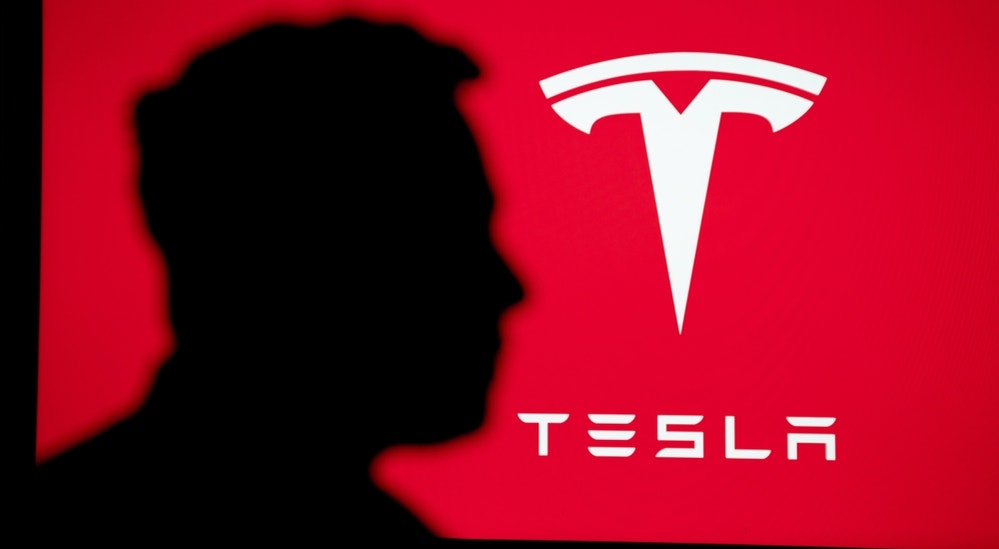'Tesla…Best House On A Bad Block': Analyst Sees Multiple Catalysts For Elon Musk's EV Giant Despite Stock Slump Tesla, Benzinga, Elon Musk, Analyst Nelson, EV manufacturers, Toyota Motor by https://www.benzinga.com/

AI Insights:
Simple Explanation:
A person who knows a lot about cars and money thinks Tesla is the best house on a bad block. That means even though other car companies are having problems, Tesla can still do well because it makes electric cars that many people want to buy. This person also says that Tesla will be the biggest car company in the world someday, bigger than Toyota. Read from source...
Critical Perspective:
1. The article title is misleading and sensationalized. It suggests that Tesla is the best option in a bad market, which implies that all other automakers are inferior or doomed to fail. This creates a false dichotomy between Tesla and its competitors, ignoring the diversity of products and strategies in the EV industry. A more accurate title could be "Tesla's Growth Prospects Amidst Industry Challenges" or something similar that acknowledges the complexity of the market dynamics.
2. The analyst quoted in the article, Nelson, has a clear bias towards Tesla as he holds a "buy" rating on the stock with a price target of $275. His opinions and predictions should be taken with caution, especially when they are not supported by data or evidence. For example, his claim that Tesla will become the world's largest auto manufacturer by the end of this decade is based on speculation and optimism, not facts.
3. The article focuses too much on Tesla as a single entity, rather than examining its position within the broader EV market. It mentions some challenges faced by other automakers, such as pulling back on EV targets or facing financial distress, but does not provide any context or comparison to how Tesla is addressing these issues. The article also fails to mention any of the potential risks or drawbacks that Tesla may face in its growth trajectory, such as regulatory changes, competition, battery technology, etc.
4. The article uses emotional language and appeals to the reader's feelings rather than presenting a rational argument. For example, it says that "Tesla is the best house on a bad block" in the Western market, implying that Tesla is a safe and attractive investment despite the overall unfavorable conditions. This is an oversimplification and exaggeration that does not account for the actual performance and prospects of Tesla as a company.
5. The article lacks any original research or analysis, relying instead on quotes from a single analyst and secondary sources. It does not provide any insights or perspectives that would be useful or informative to readers interested in the EV industry or Tesla's performance.